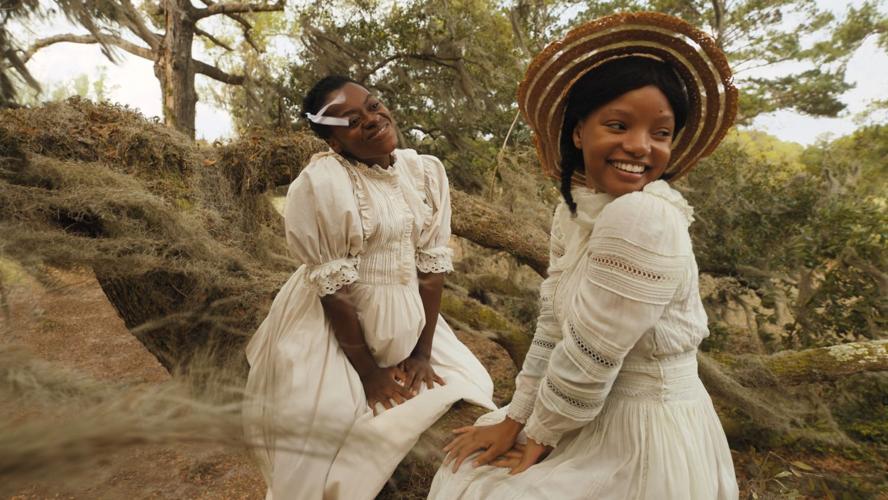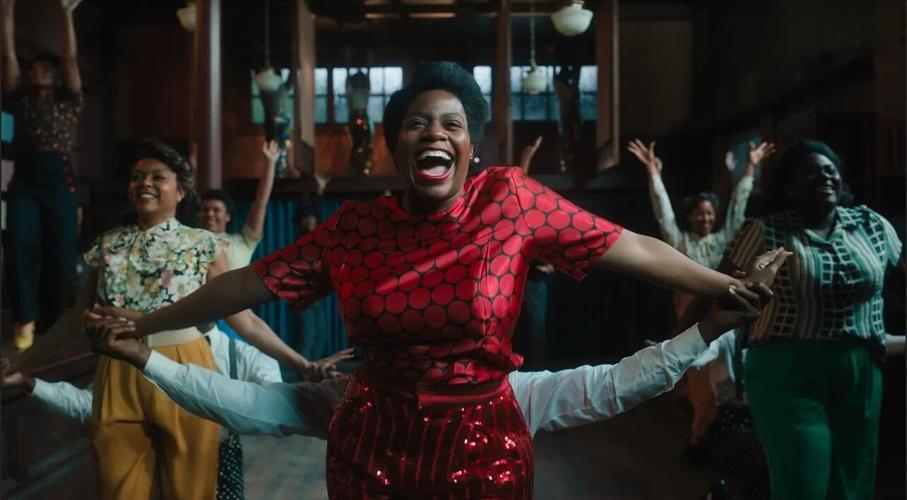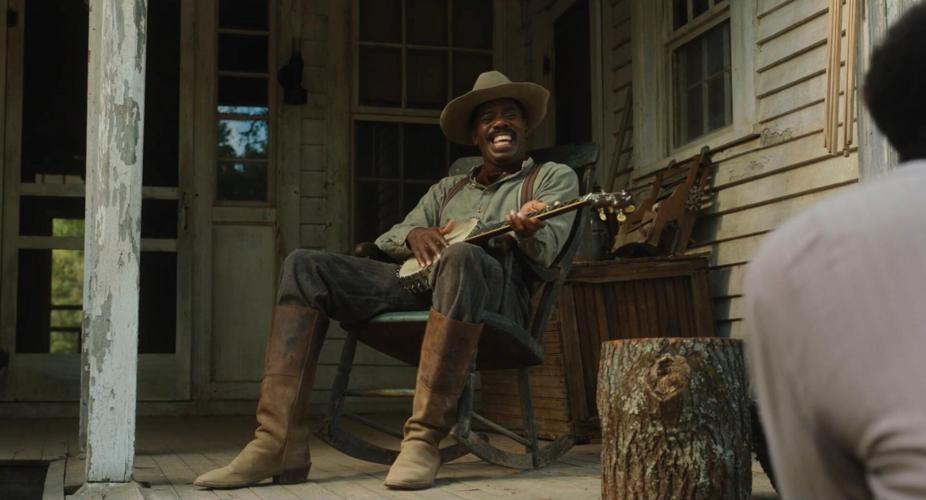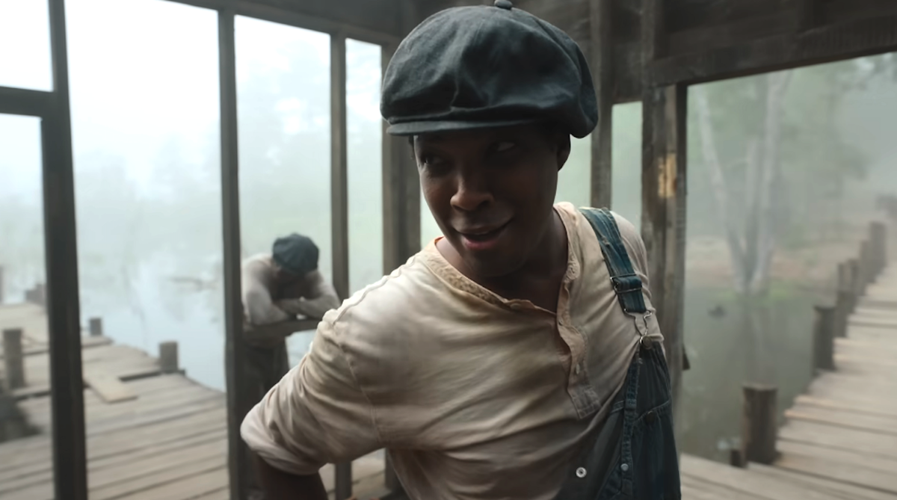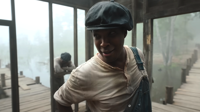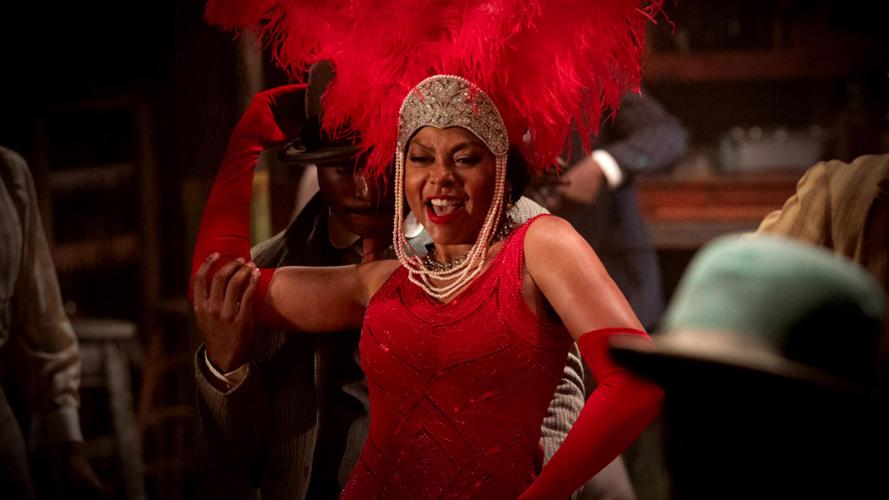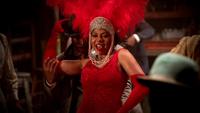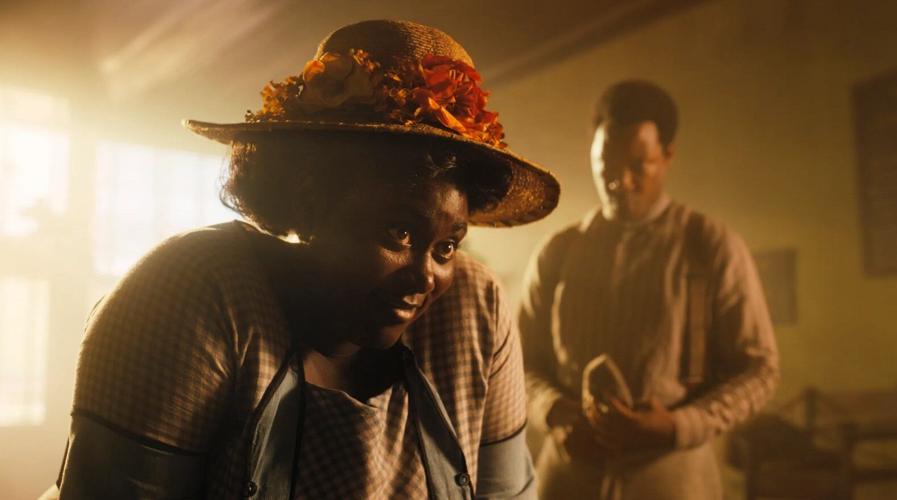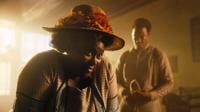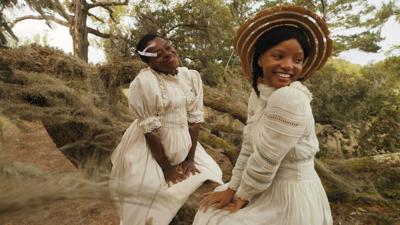Alice Walker is the first African American woman to win the Pulitzer Prize for Fiction, which she received for her 1982 novel The Color Purple. Walker was born and raised in Georgia. Her father was a sharecropper and her mother was a seamstress. She was very much a writer and also a queer woman. She received a lot of success for this book and a lot of reflections of herself is present in the writing. It is in no way autobiographical but it is reflective of the Black experience in the very early 20th century. Walker has also been a controversial figure in terms of accusations of antisemitism. However, those accusations are for her later writing and political stances. It is not an accusation that has been leveled on this story. Walker's novel was adapted into a 1985 film, directed by Steven Spielberg, which went on to be nominated for 11 Academy Awards, including Best Picture, the most nominations for a film not to win any. It starred Whoopi Goldberg and featured Oprah Winfrey in her first film role.
Winfrey would go on to produce, along with Quincy Jones and Scott Sanders, a musical based on the book, which premiered on Broadway in the wake of the film's 20th anniversary. That stage production was nominated for 11 Tony Awards. It didn't go home empty handed. It won one for Best Actress in a Musical for LaChanze. For the film's 30th anniversary, a Broadway revival was produced, which got nominated for 4 Tony Awards, winning two that time, including Best Revival of a Musical. That revival featured Danielle Brooks who was Tony-nominated for playing the role that Oprah Winfrey first made famous. This adaptation of the stage musical is hitting theaters for the upcoming 40th anniversary.

Fantasia Barrino was the winner of the third season of American Idol (2002), which put her on the map. She recorded two studio albums before she took over the lead role of Celie Harris in Winfrey's Broadway production in 2007. She even went on tour with the Broadway production in 2009. After nearly 20 years as a working entertainer, this is Barrino's first feature film role. Much like Viola Davis who took her role in Fences (2016) from the stage to the screen, Barrino does the same, fitting perfectly and effortlessly here. She doesn't enter the film until the second reel or so, but Phylicia Pearl Mpasi plays the younger version of Celie and she inhabits the character just as well and is a veritable match for Barrino.
What stands out right way are the musical numbers. Director Blitz Bazawule is a music artist from Africa who is probably best known for his work on Beyoncé's Black Is King (2020) but also for directing a visually stunning independent film called The Burial of Kojo (2019). If nothing else, Bazawule does an incredible job of making each of the musical numbers as visually stunning as possible. From the staging to the lighting, as well as the camerawork, Bazawule's presents a feast for the eyes. For some of the scenes, if not a lot of them, they're filmed on location. Bazawaule utilizes a lot of Georgia's actual scenery, including beautiful beaches, oak, Spanish moss or willow trees, as well as a waterfall and other bucolic places. The editing of those numbers, as well as the editing overall moves the film along in a brisk pace as not to be bored by its length.

Colman Domingo (Rustin and Ma Rainey's Black Bottom) co-stars as Albert Johnson aka "Mister," the husband to Celie who is a single father that takes an interest in Celie's sister, Nettie, played by Halle Bailey (The Little Mermaid). Mister needs a wife to cook and clean for him, as well as take care of his children. He's very blunt about it. When Celie and Nettie's father who runs the local grocery store denies Mister the ability to marry Nettie, Mister settles for Celie, despite thinking she's ugly. The film follows Celie's marriage to Mister over the course of nearly 40 years in the southern United States.
One of the major undercurrents of the film is the misogyny and the struggle of Black women. It's about how some women have to be subservient in order to survive and how pushing back and standing up for yourself comes with consequences, abusive and sometimes deadly consequences. This film is tangentially about racism and how that is a subtle factor to what's happening. Yet, a lot of this film is intra-racial or what goes on within the Black community and between Black people.

The film also explores how the kind of abuse here, mainly domestic abuse, can result in trauma, generational trauma, passed down from parent to child. This comes through in the character of Mister's father, played by Louis Gossett Jr. It's also about breaking those cycles of abuse and trauma that get inherited, making that inheritance instead one of love and support. This is exemplified in the character of Mister's son, Harpo Johnson, played by Corey Hawkins (In the Heights and Straight Outta Compton). This film also has an element of forgiveness, which leads into the strong Christian aspect of this narrative.
It's appropriate that the film was released on Christmas Day because there is a strong faith-based aspect to it. A lot of people talk about faith-based films and it only being the domain of right-wing ideologues, but, arguably all the people behind this production are liberal. Yet, it doesn't take away from the faith and spirituality on strong display here. God is invoked constantly and as a word is spoken in almost every other line of dialogue. One of the recurring characters is Reverend Avery, played by David Alan Grier who is a Tony Award-nominee like several actors here. Grier's character leads into one of the main figures.

Taraji P. Henson (Hidden Figures and Hustle & Flow) co-stars as Shug Avery, a Blues singer who was a love interest for Mister. She comes to visit Mister and even perform in Harpo's juke joint. While visiting, she catches the attention of Celie and a romance blossoms between them. She's one of two actresses here who are simply breaths of fresh air. Henson is so charismatic and so sexy in her role that you get the allure and sensation with which she's introduced. She's also the daughter of Reverend Avery who didn't like her doing Blues music over his gospel. Henson's vivaciousness though is simply a light in this film.
There are some dark elements that need her light. Yet, this film is surprisingly comedic in moments. It's quite funny. It for sure will get a crowd of folks in laughter. Yes, the film is about abuse, misogyny and sisters being separated. Yet, Bazawule injects brightness. Sometimes, it's literal lens flair, allowing the sun to wash over some frames of his film. But, the comedy that the actors bounce or banter around makes the film quite entertaining.

Danielle Brooks (Peacemaker and Orange Is the New Black) rounds out the cast as Sofia who is a literal scene stealer. A lot of people are predicting that she'll get an Oscar nomination. It would be much deserved. Henson brings a definite light, but Brooks gets a bit of an arc to play that makes her role more of one to acknowledge. She also gets probably the most memorable and stand out song, "Hell No!" Fantasia of course gets the showstopper of "I'm Here," which is very applause worthy, but the song that drew me in had to be Halle Bailey's "Keep It Movin'." Yet, the entire soundtrack is fantastic.
Rated PG-13 for sexual content, violence and language.
Running Time: 2 hrs. and 20 mins.
In theaters.

